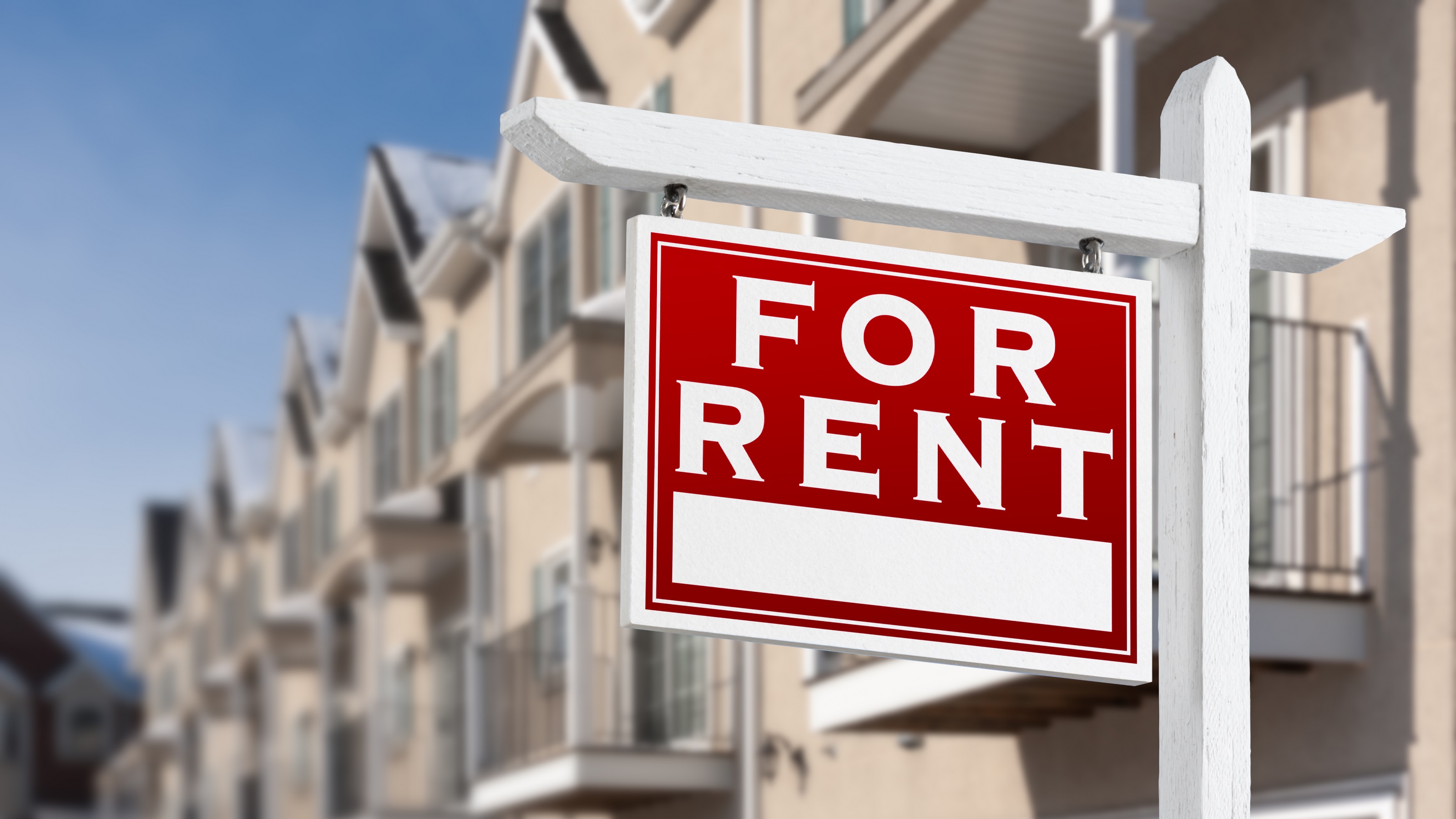Preparing to Go to Settlement on a Home
Most of the hard work is done by the buyer, but you'll still need to ride herd on the agents, lawyers and title clerks.
Profit and prosper with the best of Kiplinger's advice on investing, taxes, retirement, personal finance and much more. Delivered daily. Enter your email in the box and click Sign Me Up.
You are now subscribed
Your newsletter sign-up was successful
Want to add more newsletters?

Delivered daily
Kiplinger Today
Profit and prosper with the best of Kiplinger's advice on investing, taxes, retirement, personal finance and much more delivered daily. Smart money moves start here.

Sent five days a week
Kiplinger A Step Ahead
Get practical help to make better financial decisions in your everyday life, from spending to savings on top deals.

Delivered daily
Kiplinger Closing Bell
Get today's biggest financial and investing headlines delivered to your inbox every day the U.S. stock market is open.

Sent twice a week
Kiplinger Adviser Intel
Financial pros across the country share best practices and fresh tactics to preserve and grow your wealth.

Delivered weekly
Kiplinger Tax Tips
Trim your federal and state tax bills with practical tax-planning and tax-cutting strategies.

Sent twice a week
Kiplinger Retirement Tips
Your twice-a-week guide to planning and enjoying a financially secure and richly rewarding retirement

Sent bimonthly.
Kiplinger Adviser Angle
Insights for advisers, wealth managers and other financial professionals.

Sent twice a week
Kiplinger Investing Weekly
Your twice-a-week roundup of promising stocks, funds, companies and industries you should consider, ones you should avoid, and why.

Sent weekly for six weeks
Kiplinger Invest for Retirement
Your step-by-step six-part series on how to invest for retirement, from devising a successful strategy to exactly which investments to choose.
Preparing to go to settlement? If you're the seller, you have relatively little to do at this point. The bulk of the work between contract signing and closing falls on the buyer, who must arrange for a home inspection, financing, and homeowners and title insurance policies.
If you agreed to have something repaired, do it now. If a problem arises with the title, you could become involved with paperwork, legal bills and delicate diplomacy. If a title problem is so complicated it threatens to delay settlement, your buyer may want to void the contract. Your attorney may be able to smooth things over for a time, but if the deal seems headed for the rocks you'll need to determine what your rights and options are.
Here are some of the common last-minute glitches that can be avoided at settlement by being prepared:
From just $107.88 $24.99 for Kiplinger Personal Finance
Become a smarter, better informed investor. Subscribe from just $107.88 $24.99, plus get up to 4 Special Issues

Sign up for Kiplinger’s Free Newsletters
Profit and prosper with the best of expert advice on investing, taxes, retirement, personal finance and more - straight to your e-mail.
Profit and prosper with the best of expert advice - straight to your e-mail.
Keep abreast of progress on both sides. If your buyer is having trouble getting a loan on the terms specified in the contract, you should know it; if she is turned down, it could jeopardize the whole deal. A day or so before closing, make sure all the necessary papers and documents have been gathered and are in the hands of the right players.
At this stage, everything should have been spelled out in the contract. Your agent should have kept you up to date on what you should expect to net from the transaction. You should have received an estimated-net sheet when you signed the listing agreement, and another along with each contract presentation. Prior to settlement, the escrow officer or settlement attorney should have provided you with a copy of the settlement sheet. If you are handling your own settlement, you can get an estimate at the time you arrange for closing, or "open escrow," whether it is with a title or abstract company or an abstract attorney.
People who should be present at closing need to be kept informed of any change in the date, time or place. They should be reminded a week before closing, and again the day before.
Anyone named on the deed under which you hold title must sign the new deed by which you grant title. In many jurisdictions, if you have married since acquiring title, your spouse also will have to sign the deed. If a co-owner doesn't live nearby, allow time to have the deed signed and returned before settlement.
You should know when you will be paid. Don't expect to walk away from the settlement table with a check in hand, but don't leave the question of when and how you will be paid undetermined. Most settlement attorneys do not disburse checks until all the necessary documents have been recorded. If that's the procedure, when will the recording take place, and how often are checks made up?
If you are buying another property, consider having both settlements at the same office, scheduled back-to-back. That way, the timing of the disbursement is not a problem. You sign a paper authorizing the title company or attorney to assign the funds from your sale to your purchase.
Profit and prosper with the best of Kiplinger's advice on investing, taxes, retirement, personal finance and much more. Delivered daily. Enter your email in the box and click Sign Me Up.
-
 Ask the Tax Editor: Federal Income Tax Deductions
Ask the Tax Editor: Federal Income Tax DeductionsAsk the Editor In this week's Ask the Editor Q&A, Joy Taylor answers questions on federal income tax deductions
-
 States With No-Fault Car Insurance Laws (and How No-Fault Car Insurance Works)
States With No-Fault Car Insurance Laws (and How No-Fault Car Insurance Works)A breakdown of the confusing rules around no-fault car insurance in every state where it exists.
-
 7 Frugal Habits to Keep Even When You're Rich
7 Frugal Habits to Keep Even When You're RichSome frugal habits are worth it, no matter what tax bracket you're in.
-
 Will Lower Mortgage Rates Bring Relief to the Housing Market?
Will Lower Mortgage Rates Bring Relief to the Housing Market?The Kiplinger Letter As mortgage rates slowly come down here's what to expect in the housing market over the next year or so.
-
 Commercial Real Estate Outlook 2024: The Kiplinger Letter
Commercial Real Estate Outlook 2024: The Kiplinger LetterThe Kiplinger Letter In 2024, expect hybrid and work-from-home trends, tighter budgets, rising rents and the demand for data centers to continue.
-
 Delinquent CRE Loans Are on the Rise: The Kiplinger Letter
Delinquent CRE Loans Are on the Rise: The Kiplinger LetterThe Kiplinger Letter Banks are expanding their efforts to restructure CRE loans to avoid losses from the commercial real estate sector.
-
 As Mortgage Rates Rise, Renting Is Now Cheaper Than Buying for Many: The Kiplinger Letter
As Mortgage Rates Rise, Renting Is Now Cheaper Than Buying for Many: The Kiplinger LetterThe Kiplinger Letter A jump in mortgage rates has caused housing affordability to slump and priced many first-time home buyers out of the market.
-
 Rental Market Will Slow Through 2023: The Kiplinger Letter
Rental Market Will Slow Through 2023: The Kiplinger LetterThe Kiplinger Letter Expected growth in the rental market is likely to remain slow for the rest of the year amid a slow housing market and cooling economy.
-
 How to Set the Price to Sell Your Home
How to Set the Price to Sell Your Homereal estate If you're selling your home, setting the right price is crucial. Don't overprice or you'll scare away prospective buyers.
-
 WFH Impact on Commercial Real Estate Market: Kiplinger Economic Forecasts
WFH Impact on Commercial Real Estate Market: Kiplinger Economic ForecastsEconomic Forecasts Commercial real estate continues to struggle. Office vacancies hit 18.9% in the second quarter of 2023.
-
 Greenland, U.S. Plans to Boost Tourist Economy: Kiplinger Economic Forecasts
Greenland, U.S. Plans to Boost Tourist Economy: Kiplinger Economic ForecastsEconomic Forecasts A U.S. congressional effort could see some Canadian visitors get longer stays, meanwhile, Greenland bids to be the next vacation hotspot.